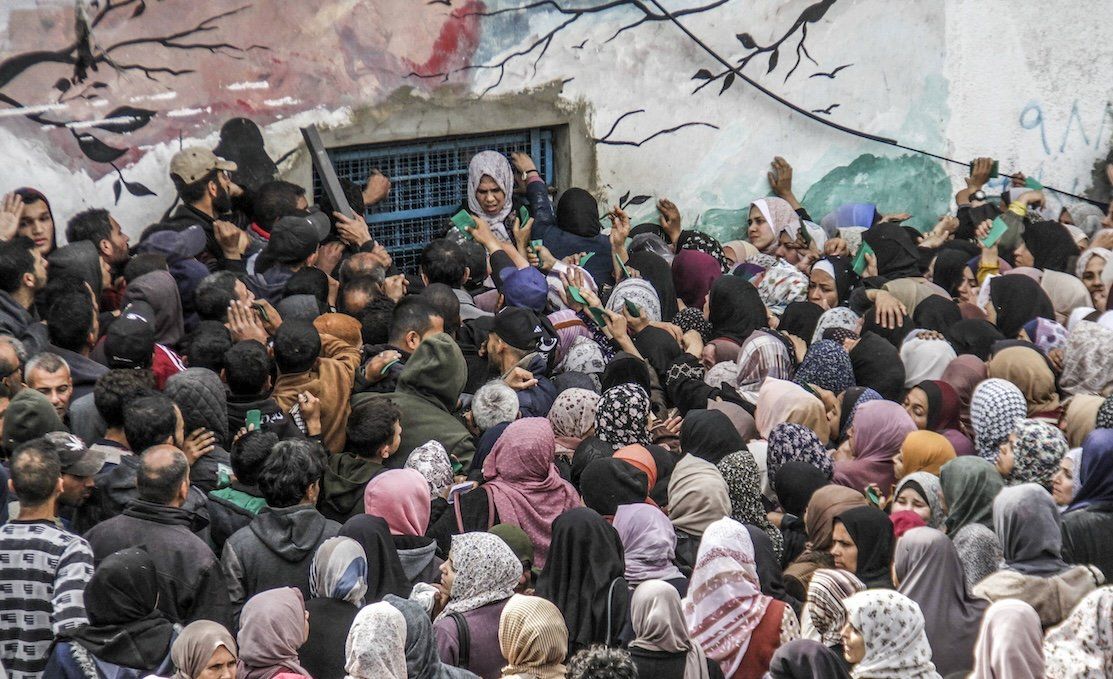The Israeli Parliament on Monday voted to ban the UN agency for Palestinian refugees, UNRWA, from operating in its territory — despite warnings from the Biden administration that doing so could impact US policy toward Israel. The Knesset even voted to designate UNRWA a terror group and to prohibit Israeli authorities from having contact with the agency.
UNRWA is the main humanitarian agency in Gaza, and this could impact millions of people who depend on it for aid. Critics of the legislation, which includes allies of the Jewish state, have expressed concern it will exacerbate the already dire humanitarian crisis in Gaza, where the local health ministry now says over 43,000 Palestinians have died amid the war over the past year. Foreign ministers from Canada, Australia, France, Germany, Japan, South Korea, and the UK on Monday expressed “grave concern” over the Israeli move.
This comes roughly two weeks after Washington told Israel it had 30 days to improve the humanitarian situation in Gaza or risk cuts to military support from the US.
State Department spokesperson Matthew Millersaid Monday that the US urges Israel not to implement the legislation, underscoring that UNRWA is playing an “irreplaceable role right now in Gaza, where they’re on the front lines of getting humanitarian assistance to the people they need it.” Miller said there’s nothing that can replace UNRWA amid the current crisis.
Israel accuses UNRWA of involvement in the Oct. 7 attack, which killed roughly 1,200 in Israel and saw hundreds of hostages taken. A UN investigation that concluded in August said nine UNRWA employees may have been involved in the attack and all were fired. Several countries suspended funding to UNRWA over the allegations, but most have since restored funding, but not the US.
We’ll be watching to see how this legislation, which won’t take effect for 90 days, impacts the US-Israel relationship.
Meanwhile, across the border, Hezbollah has elected Naim Kassem to succeed Hassan Nasrallah as secretary general after Nasrallah was killed in September.
Kassem was already one of the group's leading spokesmen, often conducting interviews with foreign media. Critics say he lacks his predecessor's gravitas, but the man considered most likely to succeed Nasrallah, Hashem Safieddine, was also killed in recent weeks as Israel ramps up its efforts to dismantle Hezbollah.
